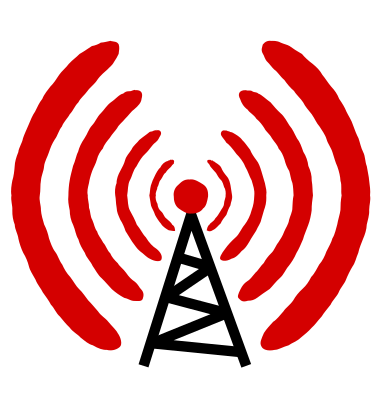Kursen ska ge insikt i principer och systemlösningar för digital datakommunikation i trådlösa och mobila nätverk. Kursen behandlar framförallt följande ämnesområden:
· antenner och vågutbredning, inklusive hinderdämpning, fädning, MIMO och beamforming
· mätning och uppskattning av länkkvaliteten för adaptiv trådlös kommunikation
· modulationsmetoder, inklusive OFDM
· bandspridning och frekvenshoppning
· medium access, inklusive FDMA, TDMA, CDMA och OFDMA
· felupptäckning och felrättning med faltningskoder, cykliska koder, blockkoder och interleaving
· beräkning av maximal räckvidd för en radioförbindelse under givna förutsättningar
· energisparande funktioner för trådlös kommunikation
· cellulära mobiltelefonisystem, inklusive radiogränssnitt, signalering och cellplanering
· de trådlösa standarderna IEEE 802.11 och 802.15
· nya trender inom ämnesområdet
